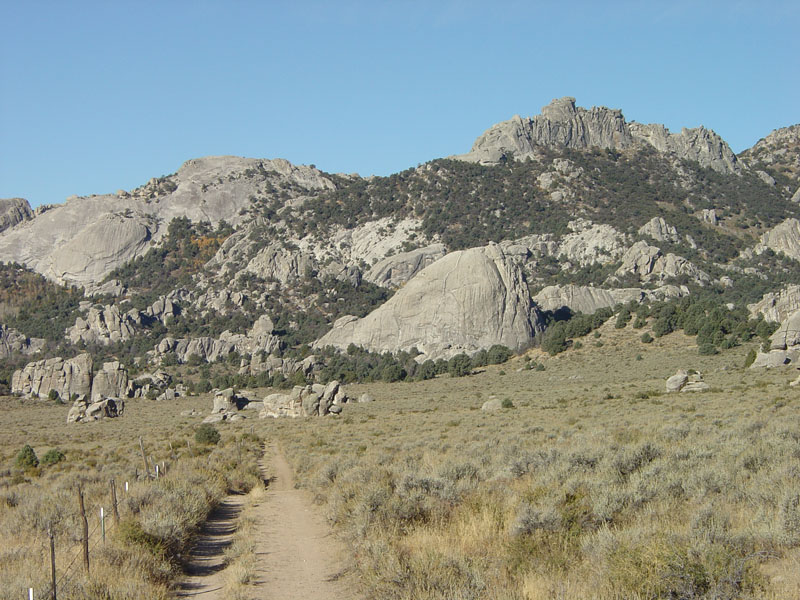
Many of the great rock outcropping in the preserve dome-like shapes. These dome-like features reflect many of the features of the original shape of the igneous plutons in which the granite formed. Fractures formed from tectonic forces associated with development of the Basin-and-Range geologic structure of the region and the release of pressure by the removal of overburden by erosion over time. As the rocks became exposed near the surface cracks (called joints) became passages where groundwater could seep into the rock causing the rocks to start to weather away. Today the landscape reflects the cumulative expression of the granite's exposure to weathering and erosional processes (see illustrations by Pogue, 2008 in NPS, 2010).